Rosetta Translation provides a full range of professional German translation services to companies in London and worldwide.
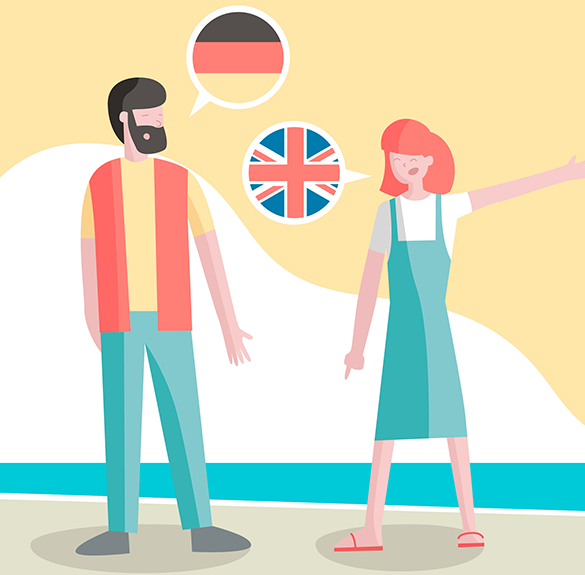
Our company is a multi-sector German translation specialist and has particular expertise in the following fields:
Legal translation, Financial translation, Technical translation, Medical translation
We guarantee a consistently excellent quality of our German translation services in each of these various fields by making sure we assign every translation to the most appropriate specialised team of highly qualified German translators, proofreaders and editors.
Combined with our use of translation technology and our extraordinary flexibility as regards client needs, this results in the professional and reliable translation service that our regular customers value.
We also provide German interpreting services worldwide.
For a free instant quote, please fill in the form on the right, email us at quote@rosettatranslation or contact us at any of our local offices in London, Shanghai, New York, Paris or Luxembourg.
As one of very few translation agencies, Rosetta has achieved both the prestigious ISO 9001:2015 certification and the DIN EN 15038 norm, the only norm specifically for translation agencies. Our customers can therefore rest completely assured that the quality of our services is consistently high.
Our translations can be certified, notarised and legalised to meet your exact requirements.



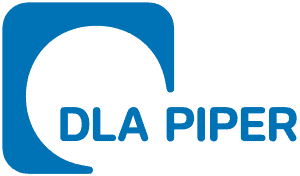

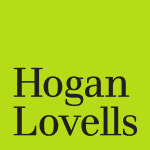
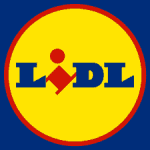
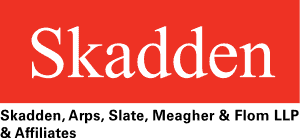

For all our professional English-German translation assignments, we use experienced, native German translators – capable of translating in a number of German dialects (Standard German, Austrian German, Swiss German, etc.), all of whom specialise in a number of different areas of translation to give the best possible results for our customers. Documents are proofread and formatted to suit each client’s individual needs, giving an excellent product.
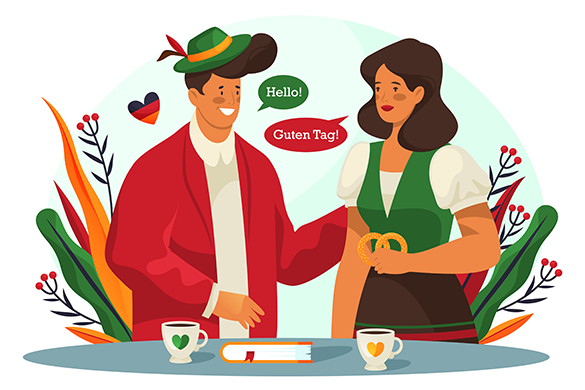
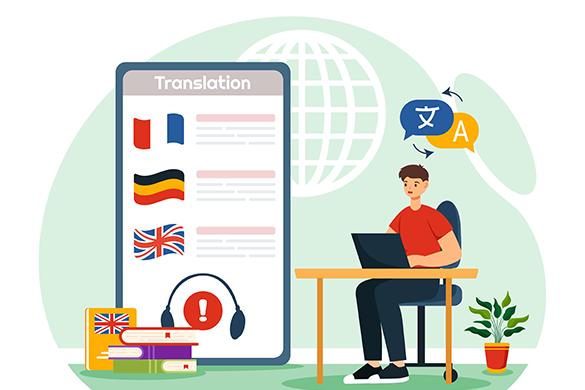
Whatever the exact nature or purpose of your German-English translation assignment, Rosetta Translation always has experienced translators on hand to deliver, with expertise in a number of areas, from financial documents to contracts.
In order to ensure the required quality of our German to English translations, we only use native English translators with relevant qualifications.
When making decisions about translations for a Swiss audience, it is important to be clear about the differences between the three language variants above, and how they are used.
Swiss Standard German (“Schweizer Standarddeutsch”), is the Swiss variant of Standard High German. It is mainly a written language, and considered the formal German language standard in Switzerland. As such, it is very close to Standard High German (the ‘normal’ German that foreigners would expect to read in a paper or see on TV news broadcasts), and the two variants are almost completely mutually intelligible, both in writing and orally.
Swiss German (or if you are curious how it looks in writing, Schwyzerdütsch), on the other hand, is largely unintelligible to an average Standard German speaker, and Swiss German speakers on German TV news broadcasts are typically subtitled in German. Swiss German is largely a spoken language, but there is a thriving Swiss German literature and it appears in other written contexts, such as advertising.
From a written translation point of view, the choice is therefore almost always only between Standard German and Swiss Standard German.
Swiss Standard German (SSG) has fairly significant differences from Standard German in almost every aspect of the language.
In spelling, the main difference is that SSG always uses ss (double s) instead of the Standard German ß (eszett or sharp s).
In terms of vocabulary, SSB has a large proportion of mainly French loan words, such as Velo (for Fahrrad, bike), Poulet (for Hähnchen, chicken) or Billett (for Fahrkarte, ticket).
Beyond this, there are differences in gender, figures of speech, sentence structure, etc.
We are often asked this question by corporate clients who have their English documents translated into all major European languages, and who wonder if they need to pay for a separate Swiss version, on top of a German one.
The short answer is: it depends.
If the purpose of your document is simply to get the general meaning across, there are unlikely to be subtle nuances that get lost, and it is a situation where your intended audience has good tolerance for seeing Standard German, then you don’t have to. This would include most types of technical documentation, from simple user manuals included in boxes (and never read) to elaborate technical manuals for complex machinery. It would also include most scientific writing.
On the other hand, if you aim to appeal to and engage your audience, a special Standard Swiss German translation is very advisable. This is for example the case for any type of marketing material.
In some other specific domains, like the law, a Standard Swiss German translation is pretty much necessary. Legal jargon is just too different in Switzerland, and the law is a field where even subtle differences in meaning can make a substantial difference.
Yes, absolutely. In most cases, we would recommend that editing the Standard German text by a native Swiss German translator as by far the quicker and cost-effective alternative. Our account manager will always recommend this option wherever possible.
The situation in Austria, in terms of the relationship between Standard Austrian German and Standard German as written languages is largely similar to the one in Switzerland. Standard Austrian German also differs from Standard German, mostly in terms of vocabulary, but also in terms of grammar.
The same sort of recommendation for Austrian versions of translations is therefore appropriate.






What is the UN French Language Day? On 20 March, we once again celebrate UN French Language Day, a global celebration of linguistic diversity and cultural exchange. Created by the United Nations in 2010, this day is to remind us …

